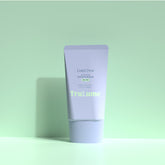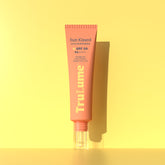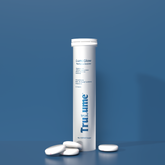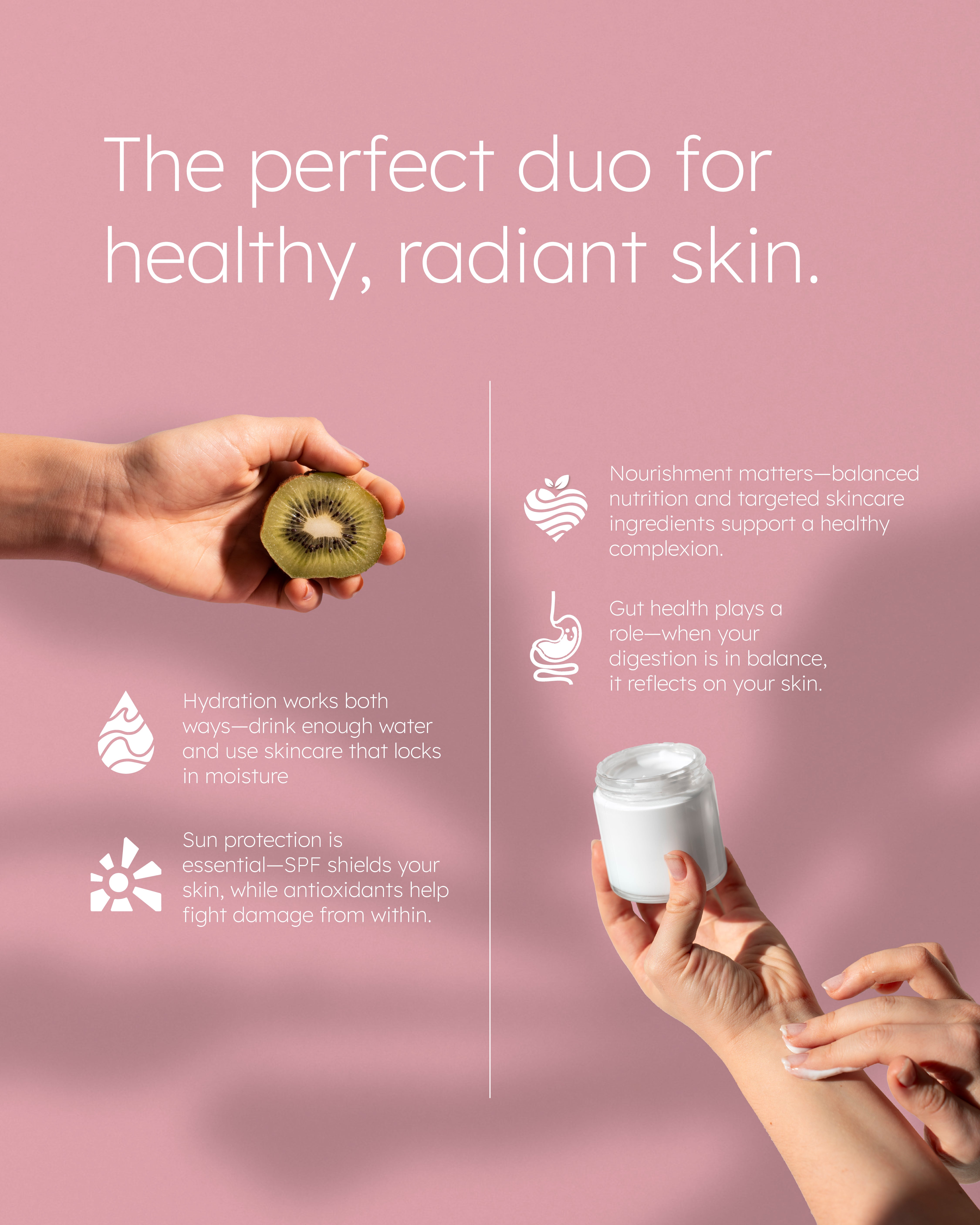Understanding Dry Skin: how to identify and manage it effectively!
Do you also get troubled with dry skin and itchy sensations on your hands, legs, face any part of the body? Probably, you are also struggling to manage dry skin. 1 in every 2 people visiting a dermatologist in India is coming to get advice related to dry skin. Studies suggest nearly 32% of Indians are struggling to manage skin issues that are related to dry skin. One of the reasons for this issue is the weather conditions in India, but dry skin can be managed with the right skincare routine.
How to identify Dry Skin?
Skin structure is made up of 3 layers: epidermis, dermis, and hypodermis. Dry skin is a typical condition where the moisture content in these 3 layers is reduced due to various reasons.
Aging, environment, chemical products, medication, skin conditions, etc, affect skin moisture levels. Dry skin is usually characterized by a scaly texture, skin flakes, fine lines, etc. So, identifying dry skin is not that difficult. If you experience any such complaints about your skin, then consider your skin type as dry.
Factors contributing to Dry Skin:
Environmental factors are one of the important causes for having dry skin. Cold weather, humidity, exposure to sun-wind-dry air, etc, affect skin moisture content. Even the use of certain chemical products, such as soaps, detergents, and cleansers, can aggravate skin dryness. Studies recommend that taking a bath or shower with very hot water can also be a cause for dry skin.
Even you must have experienced that after a certain age, your skin's dryness increases. For a few individuals, aging also leads to reduced moisture content. The reason behind this is reduced oil production in the skin.
In today's time, considering a faulty lifestyle is also important when it comes to understanding dry skin. Dehydration, poor nutritional status, use of diuretics (Medicines), and excessive use of scrubs and chemicals can cause dry skin.
Examining skin's moisture content also helps understand about few medical conditions. Eczema, psoriasis, hypothyroidism, diabetes, etc, can cause dry skin. In short, when we label skin type as dry or oily, we should consider all the above factors and then proceed.
Signs and symptoms of dry skin.
If you find tighness and itchiness on your skin, it is a sign of dryness. Scaling and flaky skin with rough texture are typical symptoms of dry skin type. Many people also experience redness and inflammation on the skin when exposed to certain triggers such as the sun, air, wind, chemicals, etc.
How to Manage Dry Skin?
One of the first things to do to manage dry skin is to take care of moisture levels. Start using the right moisturizer, especially after washing your face, taking a bath, or cleaning your face.
In your moisturizer, look for ingredients that help in reducing skin dryness, such as ceramides, hyaluronic acid, glycerin, etc. Our Lumi Dew moisturizer contains a combination of ceramide complex, hyaluronic acid, hydagen, and matcha extract, which can keep your skin hydrated and provide smooth skin.
While selecting cleansing products, make sure you avoid harsh chemical-based products. Use lukewarm water for taking baths and face washing instead of hot water. After washing, try to pat dry rather than harshly scrubbing a towel on your skin. This helps a lot in retaining moisture.
Drinking enough water is very important for beautiful, glowing skin. Try to drink 2-3 liters of water daily and increase or decrease it as per the weather changes. You can also use a good-quality humidifier in the room to retain moisture in the environment. Back it up with pleasant aroma oil to boost your experience.
While going out during the daytime, use an appropriate sunscreen that has SPF 30 or above. Don't forget you need to use sunscreen on cloudy days, too. Our Sunkissed hybrid sunscreen has SPF of 50 and protects against both UVA and UVB rays.
Conclusion:
In the end, if you are troubled with dry skin and unable to understand “How to handle it,” don't hesitate to meet a specialist and get a recommendation from him or her. Managing skin moisture level is very important for dry skin. Follow these steps and enjoy flawless, healthy skin all year.












